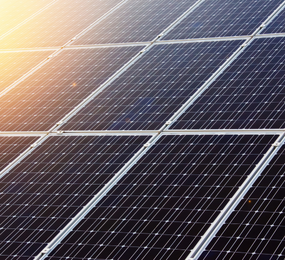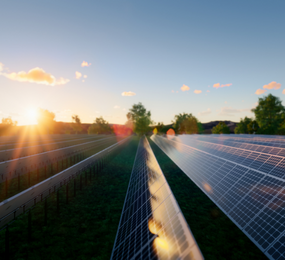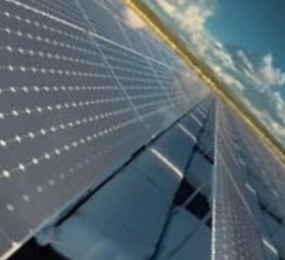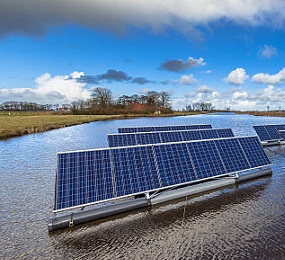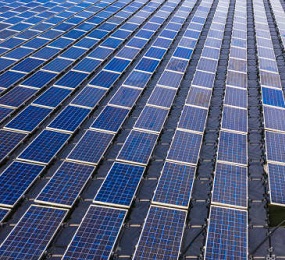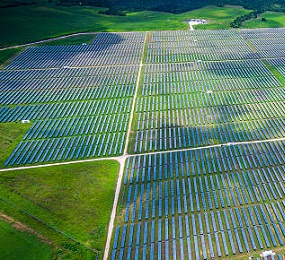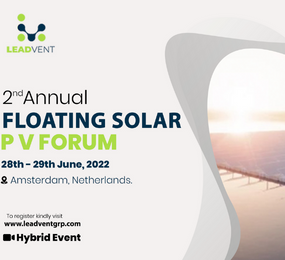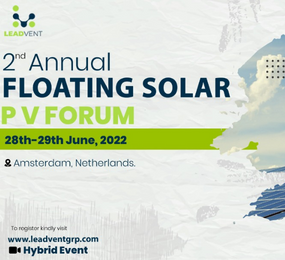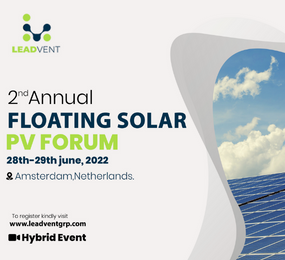Africa receives a lot of sunlight, resulting in an annual solar irradiation average of more than 2000 kWh/m2. This potential is, however, far from being realised, and hydropower still plays a significant role in the economies of many African nations. For instance, this energy source is used to produce 90% of the electricity in Ethiopia, Malawi, Mozambique, Namibia, and Zambia.
However, more frequent droughts in recent years have negatively impacted hydropower generation. For instance, 42 billion cubic metres of water were lost to evaporation in African hydropower reservoirs in 2016. Because of this, adding floating photovoltaic (FPV) panels to existing hydropower reservoirs could assist balance hydropower generation during dry seasons, lower evaporation losses, and contribute to meeting the expanding energy needs of Africa's fast expanding population.
Given the abundance of water surfaces on the continent, floating PV may not only be a practical way to expand Africa's power generation capacity, but it may also be a useful tool for enhancing the efficiency of its many hydropower plants by lowering water evaporation.
The feasibility of creating Floating PV systems to achieve a successful energy symbiosis between solar photovoltaics (PV) and hydropower in view of Africa's expanding energy needs and rich solar resources (FPV). Thanks to pre-existing infrastructure and local knowledge, FPV systems are a fantastic solution for African hydropower reservoirs since they can swiftly ramp up installed power capacity. Additionally, FPV might lessen water loss through evaporation and at least partially make up for the decline in hydropower output during dry months.
FPV systems have developed as a novel form of energy production that gets over the challenges and limitations of using land. Hybrid systems that combine hydropower with land-based PV systems have drawn a lot of attention in the last ten years. One of these systems' main advantages is the simple connection to the grid that hydropower plants provide.
Africa's strong solar potential makes it possible to diversify its energy supply, and the use of FPV in existing hydropower reservoirs can reduce risk and improve the provision of dependable power sources. This increases Africa's ability to respond to severe events and to climate change without having to make dramatic changes to its current infrastructure.
Q: Can floating photovoltaics help solve Africa’s energy crisis? This is one question amongst many that will be answered by industry experts at the 3rd Annual Floating Solar PV Forum, in Amsterdam Netherlands on 27th - 28th June, 2023.
So you don't feel left out in the industry!
Register today at: https://bit.ly/3zVvdfN
For more information and group participation, contact us: [email protected]


